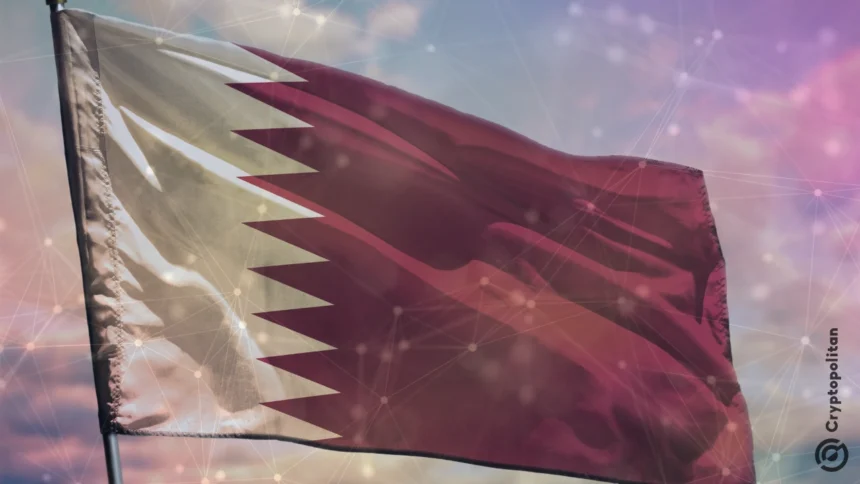The Qatar Financial Center (QFC) has initiated a Proof of Concept (POC) for a digital receipt system (DRS) leveraging Hedera blockchain technology, marking a significant step in integrating blockchain into Islamic finance. This innovative project aims to create a transparent, efficient, and regulated financial experience.
The DRS will function on HashSphere, a private, permissioned distributed ledger powered by Hedera technology. This system will be deployed through Google Cloud as part of QFC’s Digital Asset Lab initiatives.
Blade Labs has secured a fintech license from the QFC to contribute to the development of the DRS. The firm is tasked with creating vital components such as smart contracts and user interfaces tailored specifically for Islamic finance applications. Hashgraph will provide the underlying blockchain infrastructure while ensuring security and scalability, further enhancing the system’s reliability. Al Rayan Bank is also playing a crucial role by validating the system’s functionality and exploring commercialization pathways, thus offering valuable insights from a regulatory perspective. Google Cloud will implement an enterprise-grade infrastructure to support the DRS.
During the launch, Yousuf Mohamed Al-Jaida, CEO of QFC, expressed the center’s dedication to fostering a robust digital asset ecosystem that prioritizes innovation and practical applications. He stated, “This initiative reflects our continued support for tokenization, financial innovation, and collaboration aligned with the Third Financial Sector Strategic Plan.”
Omar Al Emadi, Acting Group CEO of AlRayan Bank, highlighted that innovation is fundamental to Islamic finance. He emphasized the bank’s commitment to advancing the DRS to meet market demands, stating, “Through our participation in this proof of concept, we reaffirm our role in validating the system’s functionality and laying the groundwork for scalable, practical applications that can strengthen the future of Islamic finance while reinforcing Qatar’s position as a regional hub for financial innovation.”
Sami Mian, CEO of Blade Labs, pointed out that the DRS will demonstrate how blockchain, smart contracts, and global identity standards can effectively address existing operational bottlenecks in scaling Shariah-compliant asset-backed products. He mentioned, “By providing a controlled environment to measure actual business outcomes, institutions can evaluate whether this technology approach solves problems worth solving before making larger commitments.”
Eric Piscini, CEO of Hashgraph, emphasized that this collaboration underscores the potential of the right infrastructure to create new opportunities in both Islamic finance and the broader financial sector.
Looking ahead, the Hashgraph Association, in partnership with the QFC Digital Assets Lab, announced plans to explore five innovative use cases over the next 12 months. These initiatives will include equity tokenization, Sukuk Islamic Bonds tokenization, real estate tokenization, sustainability-focused ESG carbon credits, and consumer engagement and loyalty programs. This venture aligns with a broader $50 million investment into developing Qatar’s Web3 and distributed ledger technology (DLT) innovation ecosystem.






